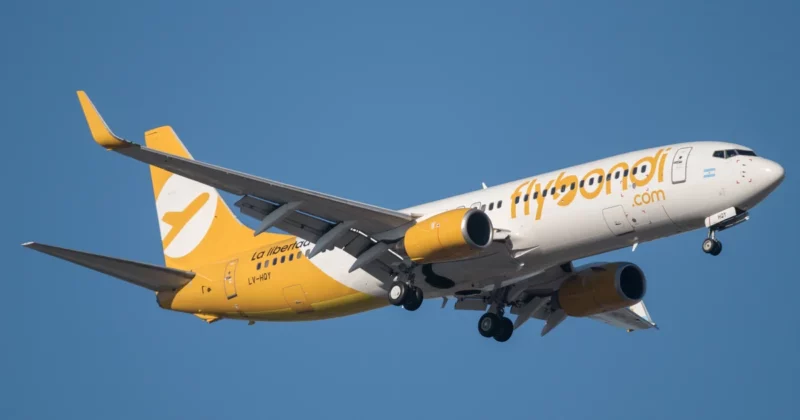This week, Sabre announced plans to sell its hospitality division, highlighting the challenges major travel technology companies face in the hospitality sector. This underscores the divide between travel technology—largely driven by airline bookings—and the complex requirements of hospitality.
As a key player in travel tech, Sabre focuses on airline distribution. While there is crossover between hospitality and airlines in booking, their products differ significantly.
Tech companies building hospitality purchasing platforms typically approach from two directions: top-down, driven by airline-like distribution technology, and bottom-up, rooted in traditional property management systems (PMS). The challenge lies in merging these approaches into effective sales strategies for hospitality products.
Attribute-Based Selling (ABS) works for airlines because seats are uniform and can be complemented by non-inventory items like baggage. In hospitality, however, offerings—including rooms, dining, and tours—are diverse and interrelated, making them harder to package under a rigid ABS model. The physical constraints of hotel rooms limit flexibility.
The future of hospitality is shifting toward a personalized, experience-driven model where guests curate their stays through a shopping cart of inventory-based offerings—rooms, dining, spa treatments, and more. This empowers guests to customize their experiences, creating tailored packages that resonate with their preferences.
For greater revenue, hospitality must embrace a holistic, experience-driven approach. By leveraging this shopping cart model, it can enhance personalization and unique experiences, setting itself apart from the airline industry’s standardized methods.
Life is so tech – with a digital shopping cart!
Cheers, Mark Fancourt






